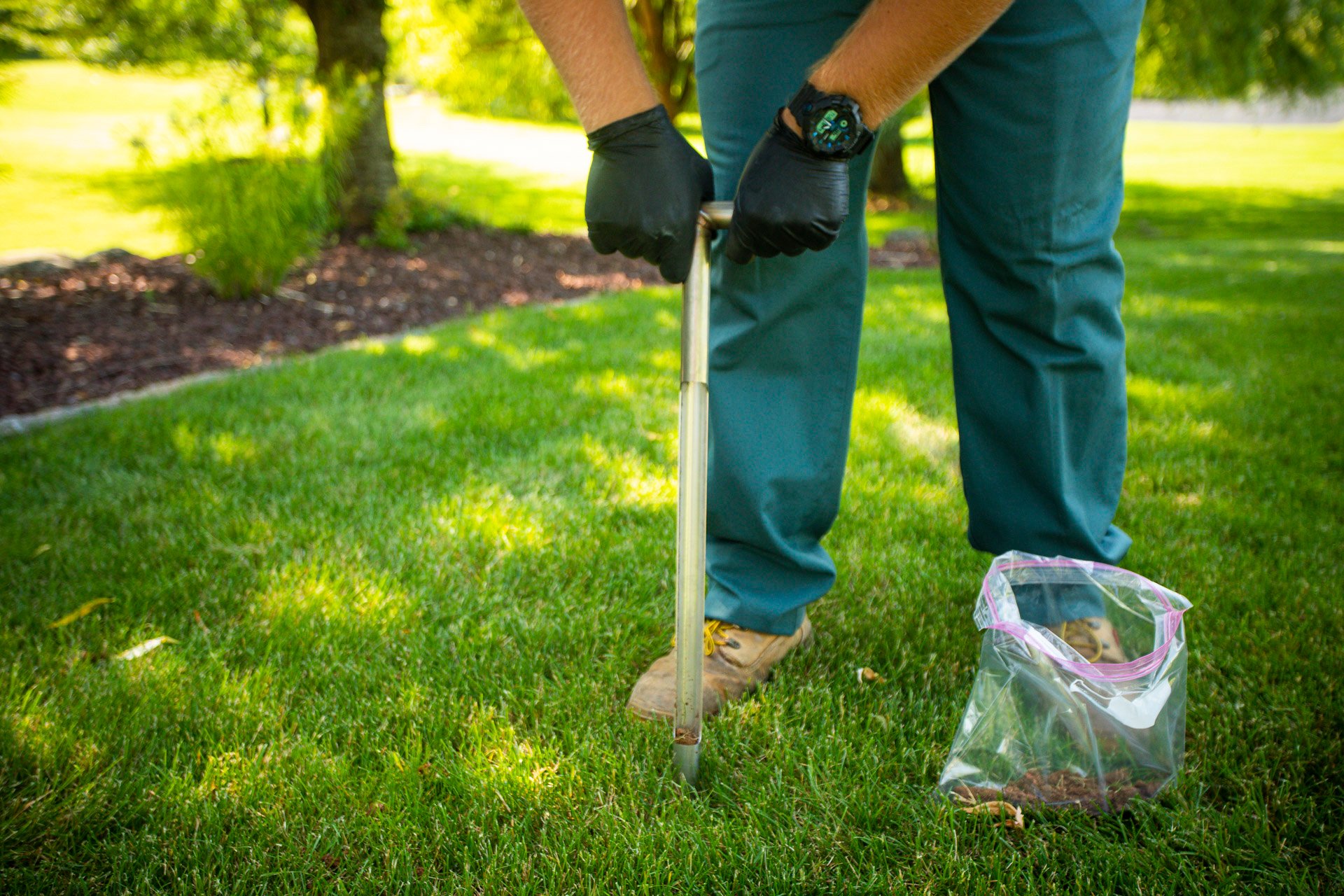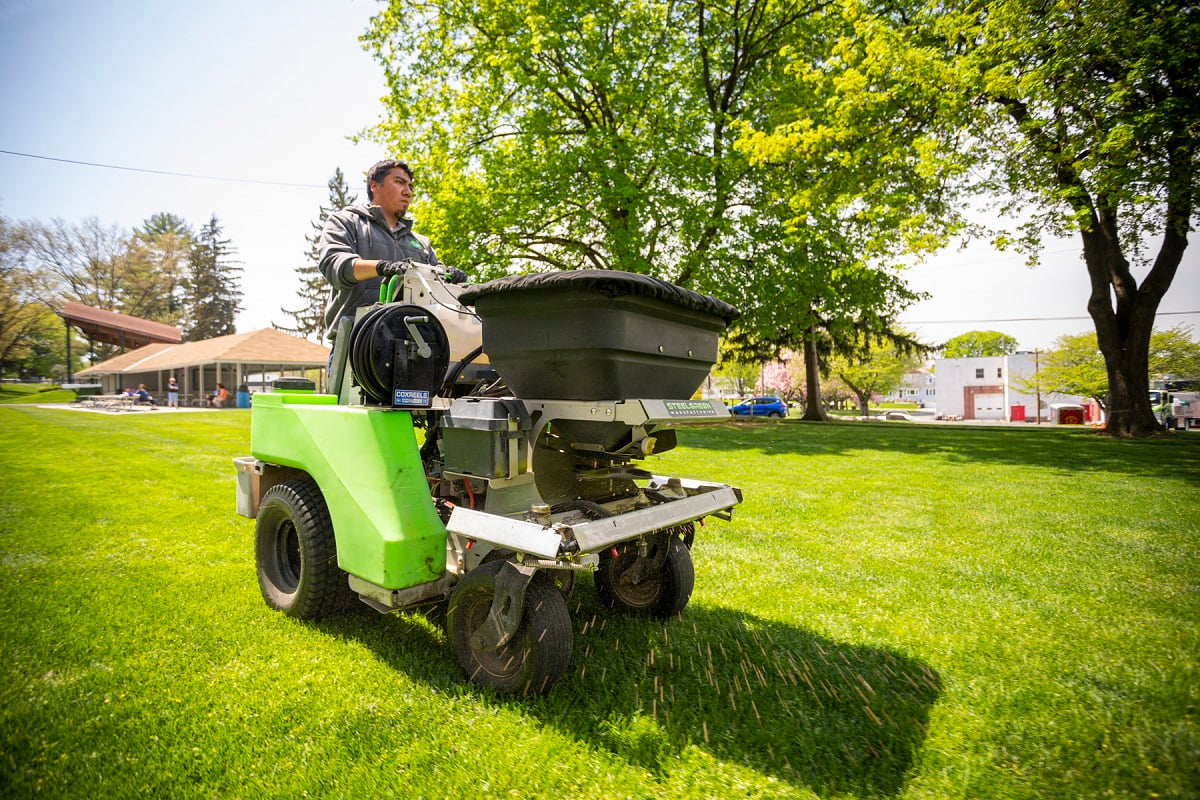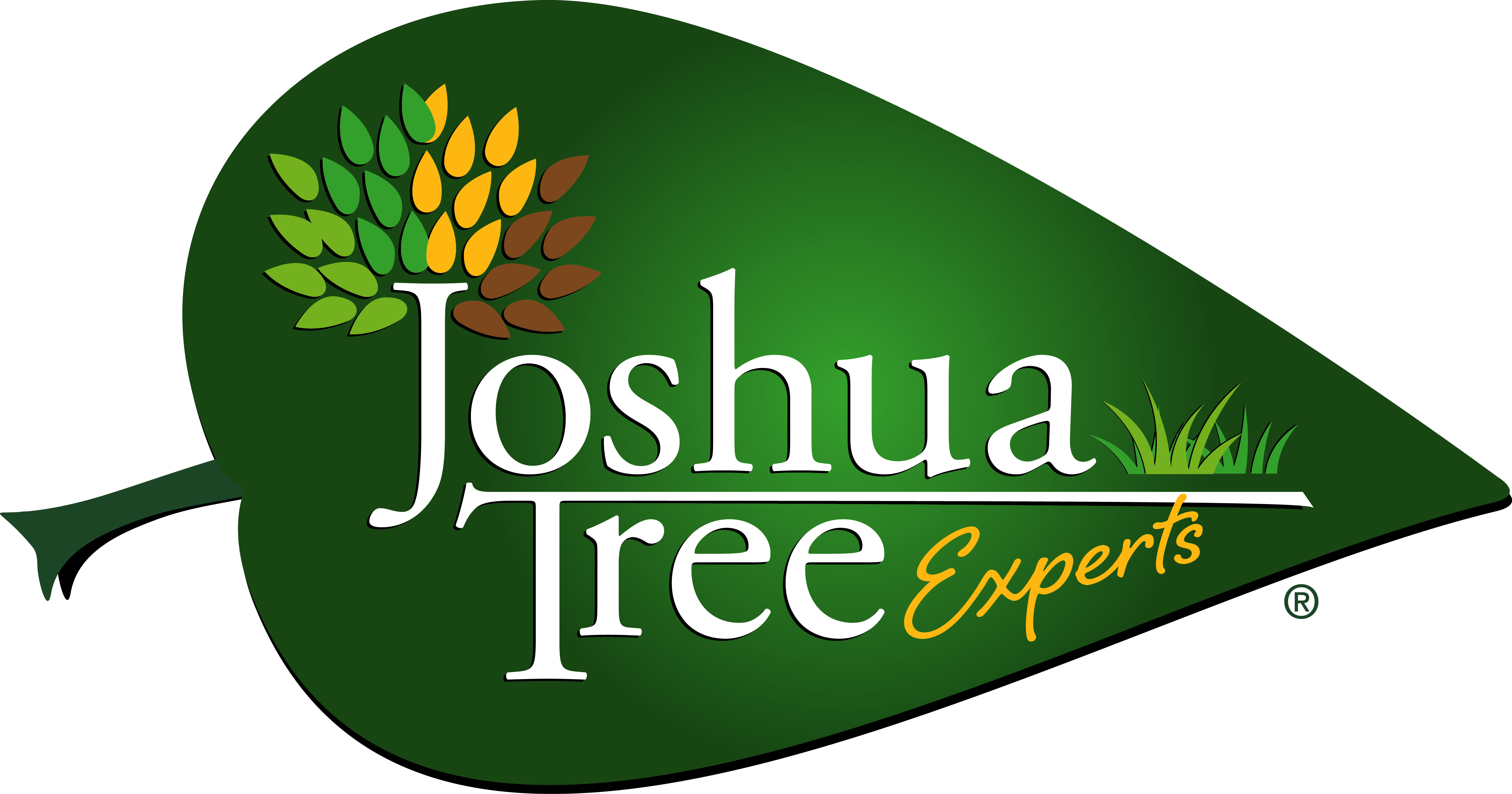Are you confused about limestone (or lime, as it is often referred to) and whether or not your lawn needs it?
If you are, then you’re not alone. We get a lot of questions about limestone from homeowners who don’t understand why it’s needed or how it works.
We understand that it can be frustrating not to understand what your lawn needs (or doesn’t need) to thrive, which is why we want to help answer some of the most common questions we receive on a regular basis.
If you’re wondering does my lawn need lime, or perhaps another question about this product and how it works, then read on to find out your answers.
Does my lawn need lime?
Whether or not your lawn needs lime is dependent upon its soil pH which is a measure of the acidity and alkalinity in your soil.
Depending on your soil type and growing zone, ideal soil pH levels can vary. It's important to research your local ecology to understand the ideal soil composition for you.
Even if you end up with the correct soil pH range, it’s a good idea to check this each year as the pH will have a tendency to lower over time.
Do I need a soil test first?
A soil test will definitely help but it’s not totally necessary. If all you’re looking to find out is whether or not your lawn needs lime, then a pH meter will do the trick. These can be purchased at your local home and garden center.
You stick it into the soil and it will tell you the lawn’s pH. It’s important to sample various spots of the lawn because the soil acidity can vary dramatically from one area of the lawn to another.
Of course, a soil test is a valuable tool that will answer more than just, does my grass need lime? It will also give you the amount of phosphorus, potassium, and other nutrients your lawn’s soil contains to determine if it has adequate levels in order for your lawn to look and perform its best.

After all, your lawn may have more than just a soil pH problem and there may be other issues you need to address.
Does a new lawn need lime?
A new lawn may still require limestone. In fact, sometimes when they build a new house they strip the soil and add new soil that is not healthy at all.
The only way to know is with a soil sample. We definitely recommend a soil test for a new lawn in order to provide a baseline of what we’re working with. It’s a lot like a blood test in that way. You want to know where the health of the soil is starting out.
Are there different kinds of lime for lawns?
Yes, there are different kinds of limestone even though they all do the same thing—which is to raise the soil pH. Still, you want to choose the right lime for lawns to help get the best results.

While a lot of people still used powdered lime, it’s a very dusty product and we find it sometimes creates a mess (particularly when do-it-yourself folks try to transport a lot of it).
At Joshua Tree, we generally use a high-quality pelletized limestone.
How much lime should I add to my lawn?
How much lime to add to a lawn depends upon its pH.
The rule of thumb is generally around 50 pounds per a thousand square feet, but that may need to be adjusted based upon your soil’s exact pH.
We’ve even seen some soil test recommendations come in at twice that rate!
When should I put lime on my lawn?
Fall is the best time to add lime to your lawn. This is because it has a longer time to break down and settle into the lawn without being disturbed.
While fall is optimal for that reason, you can actually add limestone to your lawn at any time of the year.
How fast does lime work?
How fast lime begins to work depends upon how bad your lawn is.
That’s because the amount of time that it will take to raise your soil pH depends on just how low it was.

Generally speaking, it could take one to two years. It takes a full year for lime for lawns to completely break down.
Should I put lime on my lawn every year?
If you have a very low pH, then you’ll want to apply lime every year until you’ve raised it to where it needs to be.
After that, you can just go back to doing a quick meter test of the soil.
Keep in mind that it won’t hurt your lawn to put limestone down. It’s a natural nutrient to add to the soil and will only help.
What happens if I don’t fix my soil pH?
If you do not take the steps needed to adjust your soil pH, then your grass is not going to be as healthy as it could be.
Grass plants could end up losing some color and vigor, leaving you with an off-color or thin lawn.
Certain weeds also thrive in low soil pH. This means that instead of encouraging a healthy lawn, you’re helping the weeds thrive.
Does lime kill moss or certain weeds?
Limestone will do nothing to help kill weeds or moss. However, because moss usually likes acidic (lower pH) soil, it could potentially lower your chances of future growth.

But it will not do anything to existing moss or weeds.
Is DIY limestone application a good option or do I need to hire a pro?
There are a few key reasons why you might want to consider a pro when it comes to applying lime to your lawn. Lime for lawns is not terribly complex but you want to make sure that you’re definitely applying the right amount of limestone or else it’s not going to work as intended. We find that most people don’t apply enough in order for it to be effective.
It’s also laborious. When you think about 50 pounds per a thousand square feet, that’s a lot of limestone and it equates to a lot of work. You are now spending your free weekend hauling bags of limestone around your property, dumping just a little bit at a time. It takes a while.

We find that a lot of people don't’ realize it’s such a tedious task and for that reason would rather not do it themselves. Can you imagine hauling 15-30 bags of limestone home from the store and then applying them with a tiny, plastic-wheeled spreader?
Finally, you also have to think about the quality of the limestone you’re getting. Chances are, the stuff you’re buying at the local box store is going to have more filler, such as clay, than the product a professional would use. T
hat could mean you’re not getting as good results. Plus, it could have been sitting in a warehouse for a long time, with big, rock-hard chunks inside the bags. That’s a big hassle.
Choosing a Company that Offers Lime for Lawns
If you suspect that your lawn does, in fact, need limestone, then you might be looking for a company that offers this service, among others. One of the benefits of working with a full-service lawn care company is that soil pH is often just one issue amongst several that your lawn might be struggling with.
A professional lawn care company will be able to tackle the full spectrum of problems that your soil and overall turf health might be experiencing.

Rather than stressing about whether your lawn needs lime—or anything else for that matter—you could instead work with a lawn care expert that will have the answers to all of your questions (and solutions to all of your problems).
By choosing a lawn care company like this, you can put your worries to rest while knowing that your lawn is going to receive what it really needs to thrive.
With the right care for your lawn, you’ll gain valuable peace of mind. If you’re interested in having your lawn inspected and its health assured, contact us for a free quote or give us a call at 833-JTE-TREE.




